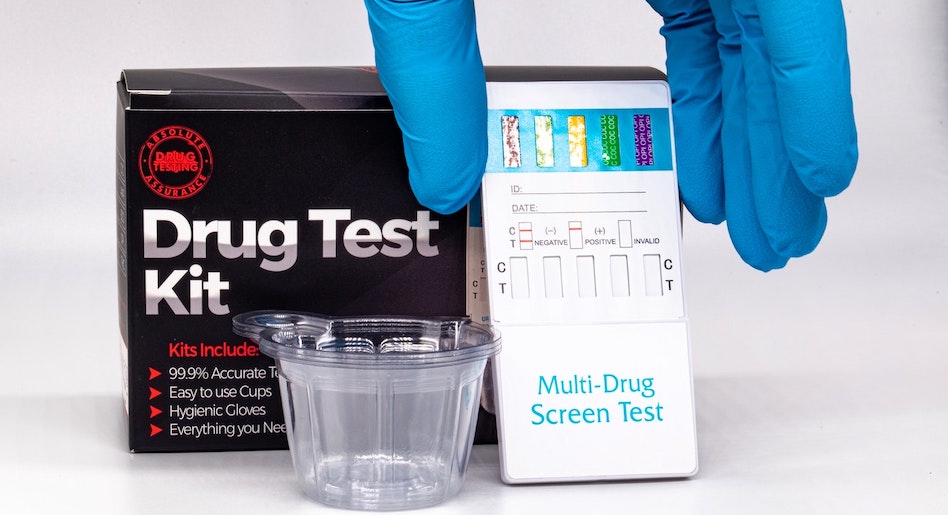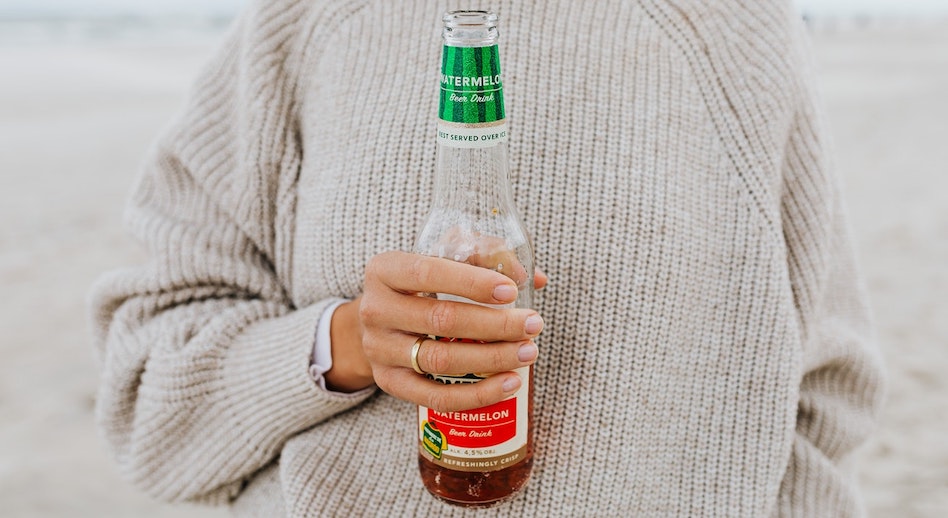
How Journaling in Recovery Benefits Mental Health
Writing in a private diary was a common practice for many during childhood; it was a place to confess inner thoughts, struggles, and goals for

Writing in a private diary was a common practice for many during childhood; it was a place to confess inner thoughts, struggles, and goals for

In today’s increasingly digital world, it seems that there is an app available for just about anything imaginable, whether it be for checking your home

The journey of recovery is an incredibly personal one that will vary widely from person to person, and there’s no way to predict the amount of

Springtime in the Austin area is in full swing, and now is the time to get out and enjoy everything that it has to offer. If this is your first ‘Sober Spring’ or you are in early recovery, it’s important to know that while it will be different than in the past, that doesn’t mean it will be any less exciting or eventful.

Planning a sober travel vacation can be a hectic and time-consuming process for those in recovery. It can add unnecessary stress and anxiety to what is supposed to be an otherwise pleasant experience.

Researchers have long wondered about the connection between unemployment and relapse. For decades, they’ve studied the connection and determined that unemployment and relapse rates are related. However, there are several different factors to consider and one doesn’t always cause the other.

To make amends, you must do more than just make apologies for your past behavior. Instead, making amends means you apologize for what you’ve done and make it right. Similarly, making living amends means you completely change the way you live and remain committed to that lifestyle.

Sleep deprivation and substance abuse problems are deeply interconnected. Just as misusing drugs can make it difficult to get good quality rest, withdrawing from addictive substances can have the same effect. Not only that, but not getting enough sleep in recovery can leave you more vulnerable to relapse.

Your experience with addiction will have an impact on how you raise your kids. However, the relationship you have with them can be repaired if it’s damaged. Many parents who recover from substance use disorders re-establish amazing, healthy relationships with their kids. We understand that no two families are alike, and that parenting is a complex and dynamic role. But there are many lessons and tools you can take from your addiction recovery to help you become a better parent and a stronger member of your family.

Having supportive loved ones who cheer you on as you pursue sobriety, provide emotional support, or who offer their forgiveness is a huge privilege. Unfortunately, not everyone in recovery has close family members or friends who support their recovery.

Drug screens in sober living are not intended to be intrusive. Instead, they’re a vital part of the program and they can help you stay honest and sober while you navigate the challenges of early sobriety.

Feelings of resentment can be toxic when they’re allowed to fester and grow. The Big Book itself states, “Resentment is the number one offender. It destroys more alcoholics than anything else.” As a result, it’s important for people in recovery to take notice of resentment, use it as a learning tool, and handle it healthily to put it to rest.

The 12-Step Program is popular among people in recovery, as are sober living programs. But what’s the difference between the two types of recovery support programs and which is best for you? In this blog, we’ll compare a 12-Step Programs vs. sober living program to help you find an answer.

Semi-sober trends like #CaliSober and #SoberLite may be something you’re familiar with if you follow celebrity influencers on social media. Although these trends may seem like positive wellness trends, the messages they carry can be dangerous and detrimental to people who are highly susceptible to addiction.

Being able to identify what you are feeling, what those feelings mean, and how those emotions impact your behavior (and others) are essential skills in addiction recovery. This is called emotional intelligence (EI). Unlike cognitive intelligence, which is one’s ability to learn and remember, emotional intelligence has a huge impact on your ability to stay sober.